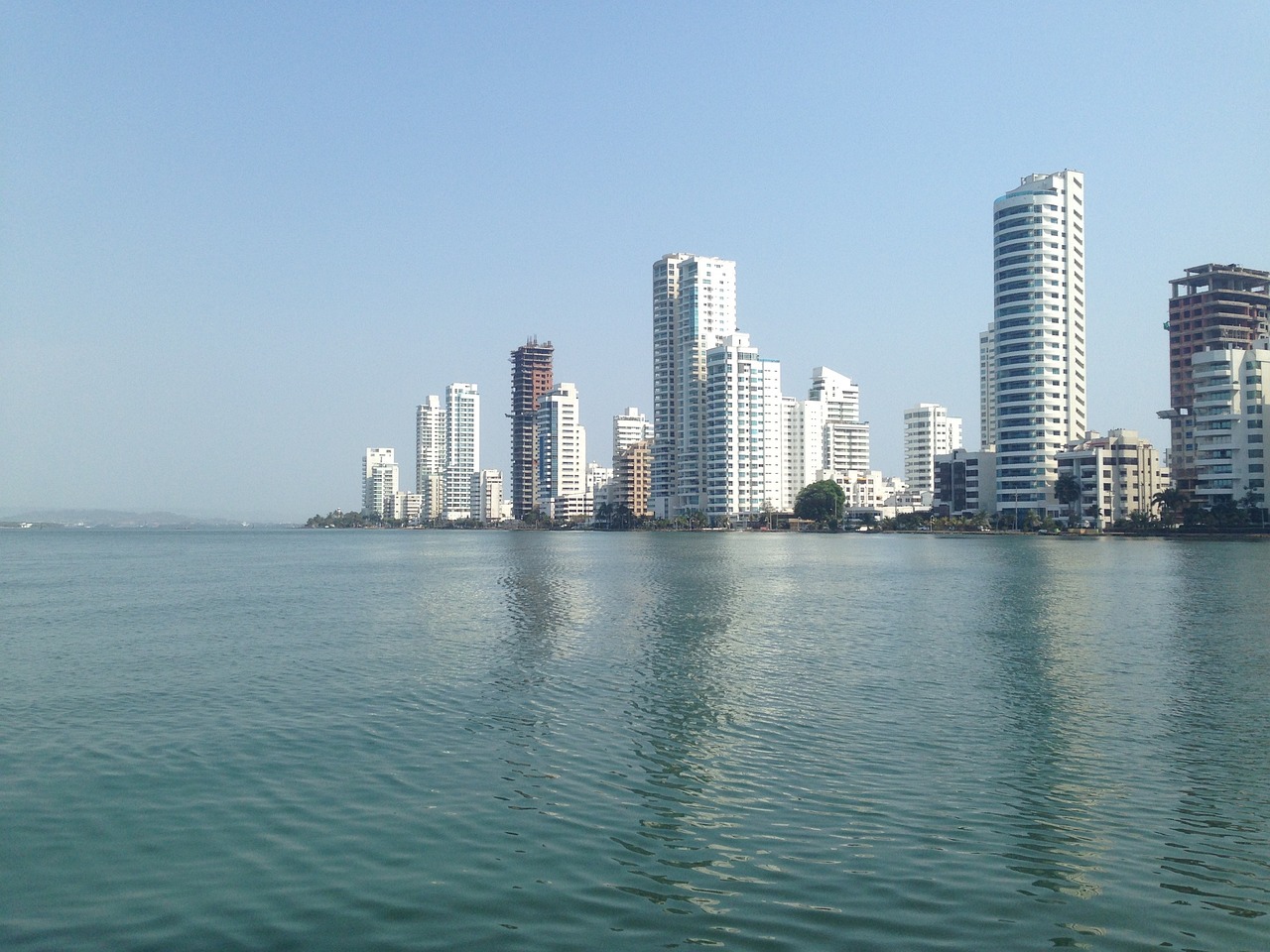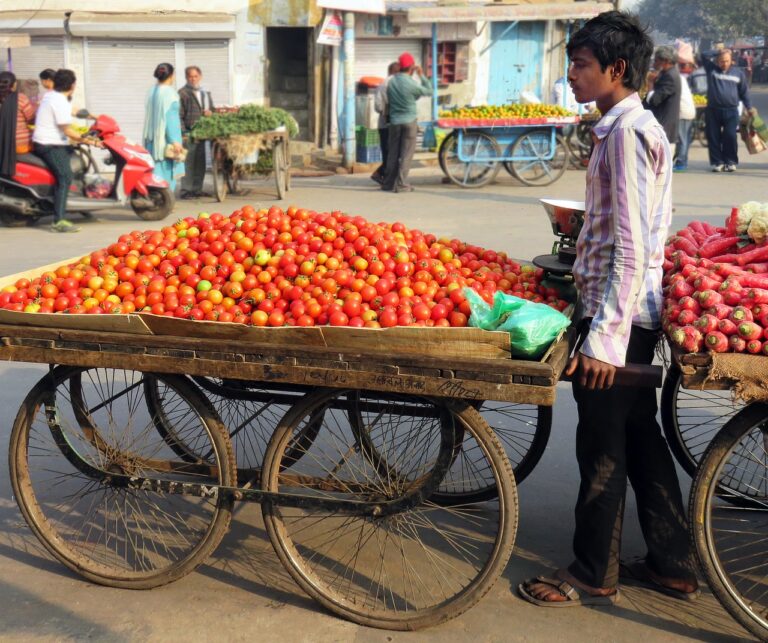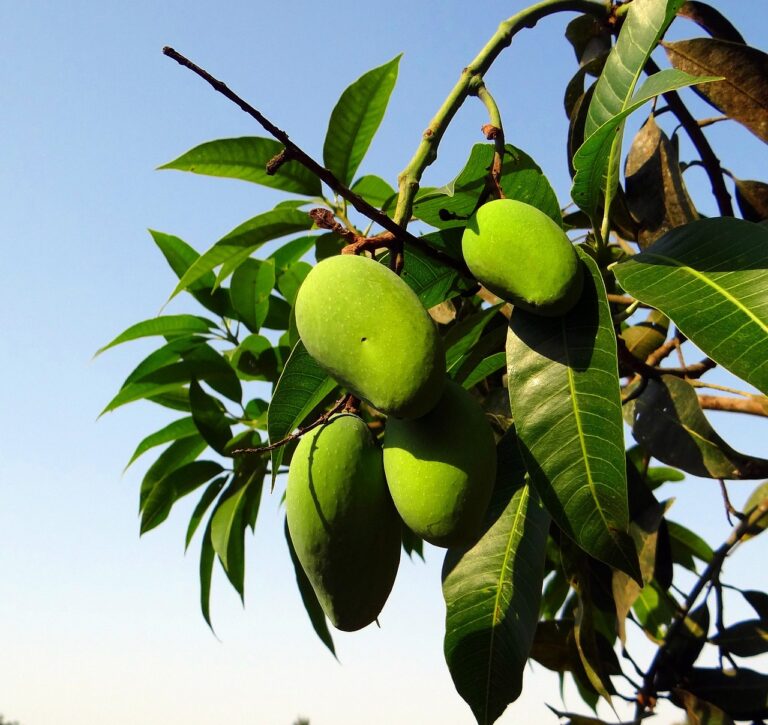The Influence of Political Debates on Campaign Merchandise Sales
all panal.com, laser247 com, yalo247: Exploring the Role of Cultural Events in Campaign Merchandise Promotion
In today’s competitive market, businesses are constantly looking for innovative ways to promote their products and services. One effective strategy that has been gaining popularity in recent years is using cultural events as a platform for campaign merchandise promotion. Cultural events, such as festivals, concerts, and art exhibitions, attract a diverse audience and offer a unique opportunity for businesses to connect with potential customers in a meaningful way.
Cultural events provide a rich and vibrant environment for businesses to showcase their products and engage with consumers on a personal level. By aligning their campaign merchandise with the themes and values of the event, businesses can create a powerful connection with attendees and increase brand awareness. Whether it’s handing out branded t-shirts at a music festival or offering custom tote bags at an art fair, campaign merchandise promotion at cultural events can leave a lasting impression on consumers.
One of the key benefits of using cultural events for campaign merchandise promotion is the opportunity to reach a specific target audience. By selecting events that cater to a particular demographic or interest group, businesses can tailor their merchandise and marketing efforts to appeal to the attendees. For example, a sports apparel company may choose to sponsor a marathon event to promote their running gear, while a beauty brand may partner with a fashion show to showcase their latest products.
In addition to reaching a targeted audience, cultural events also provide a platform for businesses to engage with consumers in a memorable and interactive way. By creating immersive experiences, such as photo booths, interactive displays, or live demonstrations, businesses can foster a sense of community and connection with attendees. These experiences not only generate excitement and buzz around the brand but also encourage attendees to share their experiences on social media, further amplifying the reach of the campaign.
Furthermore, cultural events offer businesses the opportunity to tap into the emotional appeal of the event and leverage its cultural significance to create a deeper connection with consumers. By incorporating elements of the event’s culture, traditions, and history into their campaign merchandise, businesses can resonate with attendees on a personal and emotional level. This authenticity and cultural relevance can enhance the perceived value of the merchandise and strengthen the bond between the brand and the consumer.
Overall, cultural events provide businesses with a unique and effective platform for promoting their campaign merchandise. By leveraging the diverse audience, targeted marketing opportunities, immersive experiences, and emotional appeal of cultural events, businesses can create a memorable and impactful promotional campaign that resonates with consumers. Whether it’s a music festival, art exhibition, food fair, or any other cultural event, businesses can harness the power of these events to connect with their target audience and drive brand awareness.
FAQs
Q: How can businesses identify the right cultural events to promote their campaign merchandise?
A: Businesses can identify the right cultural events by researching the demographics, interests, and themes of the event to ensure alignment with their target audience and brand values.
Q: What are some creative ways businesses can promote their campaign merchandise at cultural events?
A: Businesses can promote their campaign merchandise at cultural events by offering interactive experiences, partnering with influencers or artists, hosting giveaways or contests, and creating exclusive limited-edition merchandise.
Q: How can businesses measure the success of their campaign merchandise promotion at cultural events?
A: Businesses can measure the success of their campaign merchandise promotion at cultural events by tracking metrics such as brand awareness, engagement, sales, and social media reach. Additionally, collecting feedback from attendees and analyzing customer insights can provide valuable insights into the effectiveness of the campaign.







